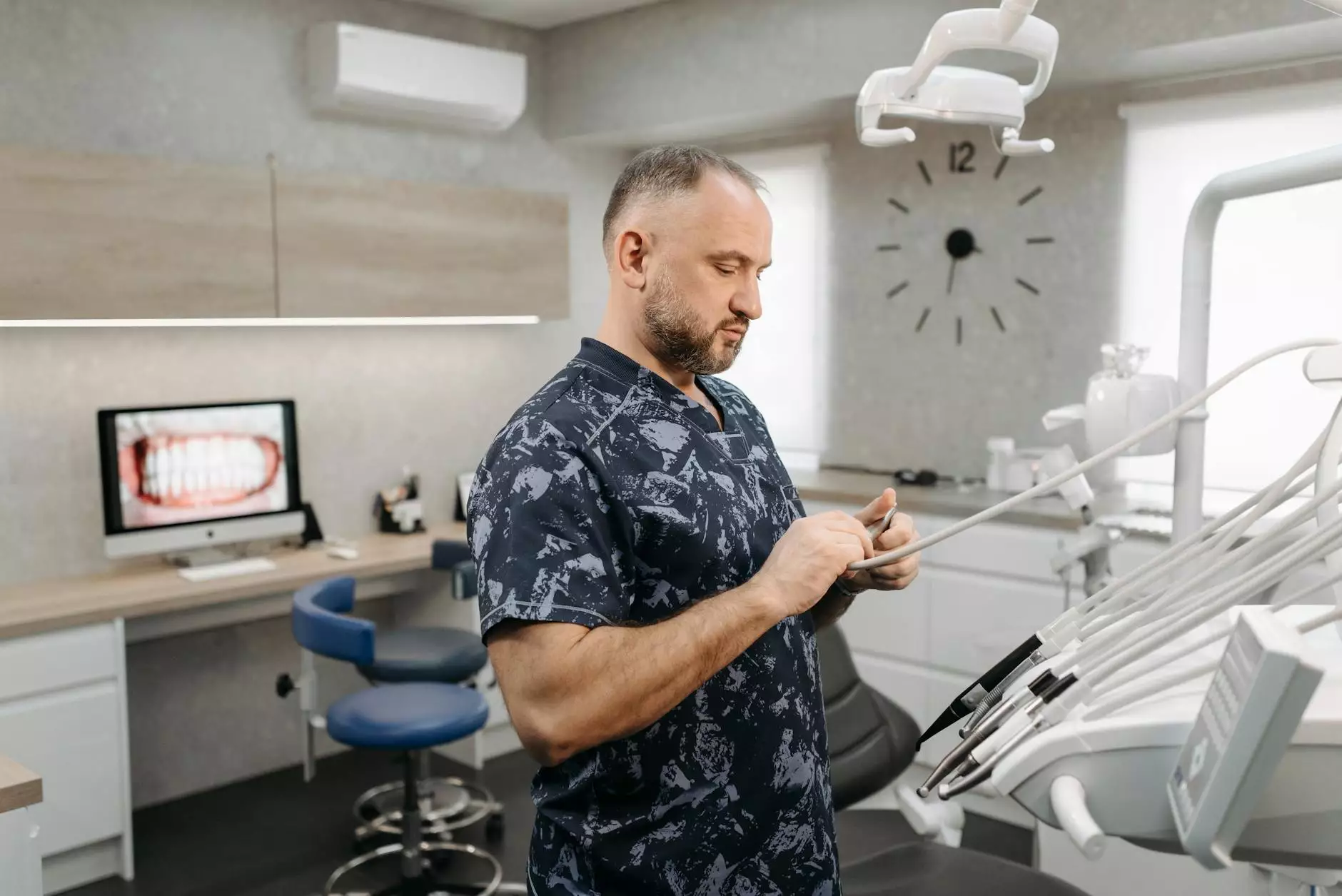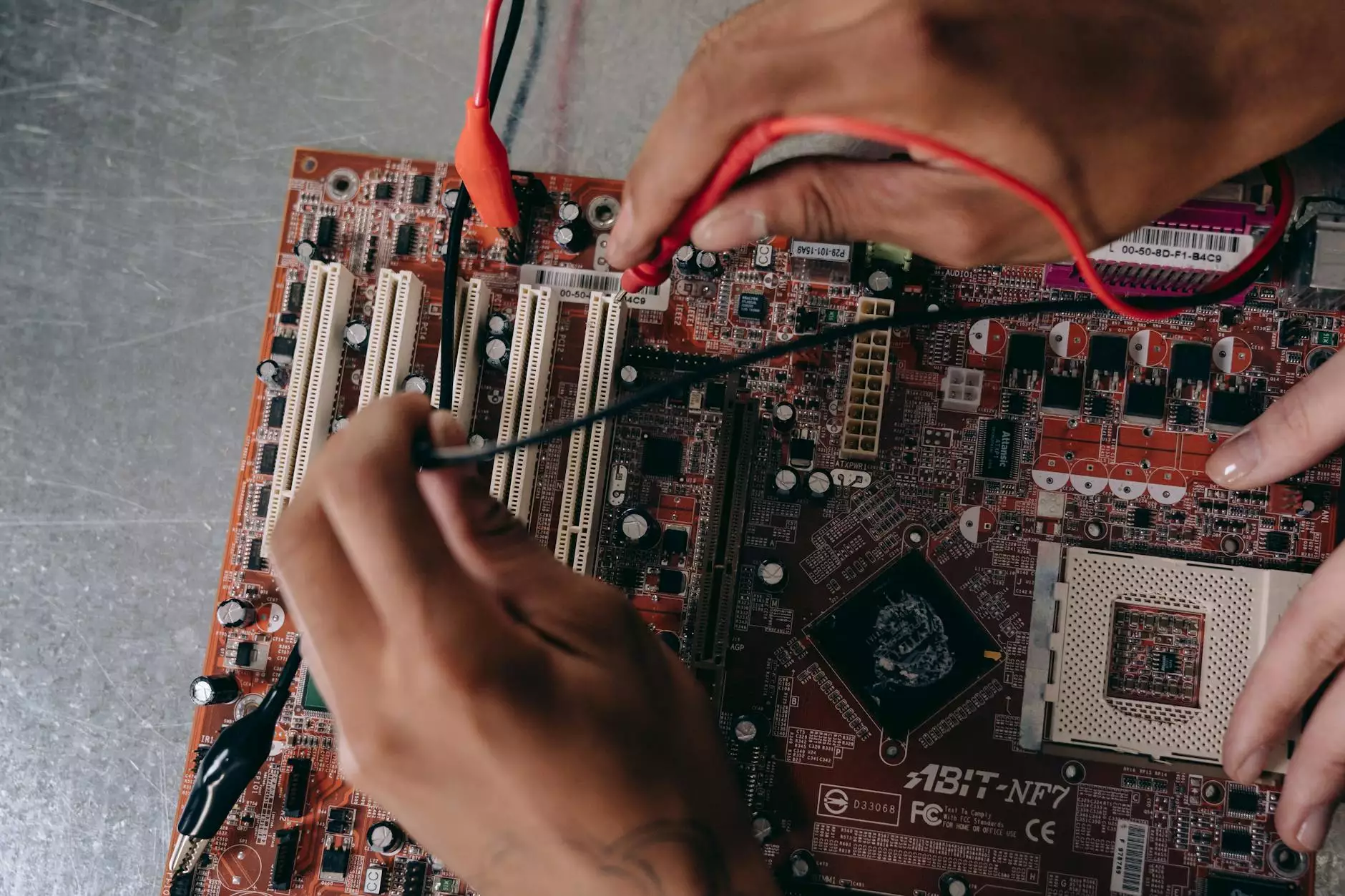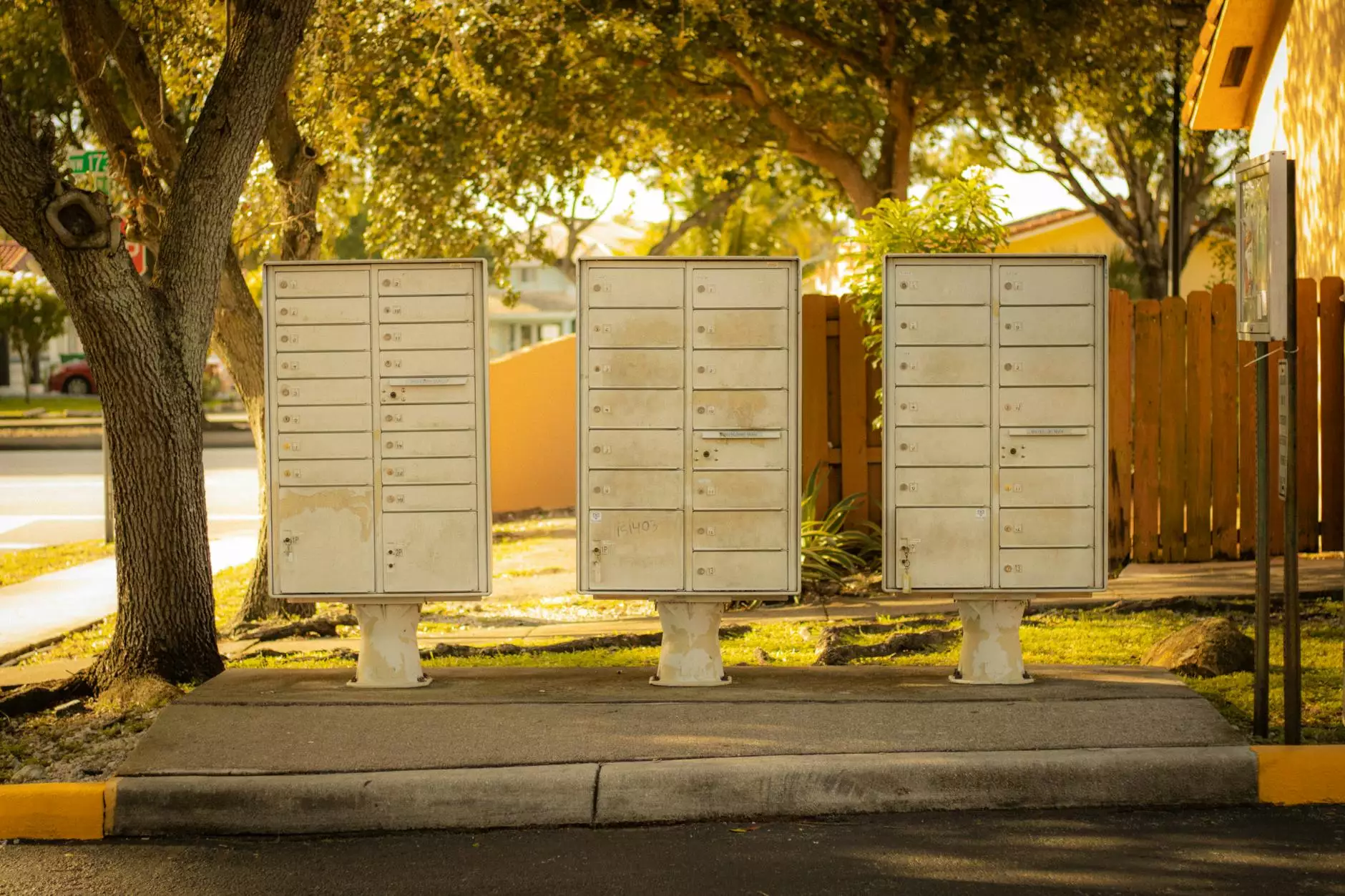The Evolution of Dental Care: Exploring Mobile Dental Trailers

In today's fast-paced world, accessibility to quality healthcare is a growing concern. Among these, dental care often ranks high on the list of priorities as it directly impacts not just oral health, but overall well-being. Enter the mobile dental trailer, an innovative solution that bridges the gap between dental services and underserved populations. This article delves into the nuances of mobile dental trailers, exploring their benefits, functionality, and the transformative role they play in promoting oral health accessibility.
Understanding Mobile Dental Trailers
A mobile dental trailer is essentially a fully-equipped dental office on wheels, designed to deliver comprehensive dental services to various locations. These trailers are constructed to be self-sufficient, often including:
- Dental Chairs
- X-ray Machines
- Sterilization Units
- Dental Tools
- Patient Waiting Areas
The intuitive design of these trailers ensures that dental professionals can conduct a wide range of procedures, from routine check-ups to more complex treatments, with the same efficiency as in a brick-and-mortar dental office.
Key Advantages of Mobile Dental Trailers
The transition to using mobile dental trailers presents numerous advantages, including:
1. Increased Accessibility
One of the most significant benefits is the improved accessibility to dental care. Many communities, particularly in rural or underserved areas, lack sufficient dental facilities. Mobile dental trailers can travel to these locations, offering services where they are most needed, thus reducing the barrier of distance.
2. Cost-Effectiveness
Operating a mobile dental unit can be more cost-effective than maintaining a traditional physical dental office. The overhead costs are often lower, allowing dental practitioners to offer competitive pricing for services, which can be passed on to patients.
3. Community Engagement
Mobile dental clinics often foster community engagement and awareness. They can partner with local health organizations, schools, and nonprofits to provide educational workshops about oral hygiene, preventive care, and the importance of regular dental visits.
4. Flexibility and Convenience
Mobile dental trailers provide flexibility in scheduling. They can cater to different populations such as schools, businesses, and community centers, adapting their services to fit the needs of various groups. This convenience increases the likelihood of patients receiving timely dental care.
Operational Aspects of a Mobile Dental Trailer
Understanding how a mobile dental trailer operates is crucial for both providers and patients. Here are the fundamental operational aspects:
1. Setup and Preparation
Before arriving at a designated location, the mobile dental team plans logistics, ensuring that all necessary equipment is ready for use. The trailer is then parked at a suitable site with easy access for patients, creating a welcoming environment.
2. Patient Intake
Once patients arrive, they undergo a simple intake process similar to what they would experience in a traditional office. Their medical histories are reviewed, and any specific dental concerns are noted.
3. Treatment Protocols
Services provided by mobile dental trailers may include but are not limited to:
- Routine Dental Exams
- Cleanings
- X-rays
- Fillings and Restorations
- Oral Health Education
4. Follow-Up Services
In some cases, mobile dental providers also offer follow-up services, either through additional visits or by referring patients to local dental offices for specialized care.
The Role of Technology in Mobile Dental Trailers
Technology plays a vital role in enhancing the efficiency and effectiveness of mobile dental trailers. Some notable advancements include:
- Digital Imaging: Digital X-rays provide clearer images, reduce radiation exposure, and allow for immediate analysis.
- Electronic Health Records (EHR): These systems enable easy patient tracking and data sharing, improving continuity of care.
- Tele-dentistry: By utilizing video conferencing, dentists can offer consultations and follow-ups remotely, further enhancing accessibility.
Challenges Faced by Mobile Dental Trailers
While the benefits are substantial, there are challenges that mobile dental services must navigate:
1. Regulatory Compliance
Mobile dental trailers must comply with various health regulations and licensing requirements, which can differ from state to state. Ensuring adherence to these regulations is essential for providing legitimate services.
2. Funding and Resources
Securing funding to operate and maintain mobile units can be difficult. Many organizations rely on grants, donations, and partnerships to sustain their operations.
3. Patient Outreach
Effectively reaching target populations can be a challenge. Developing strong marketing strategies and community relationships is necessary to build trust and encourage participation.
The Future of Mobile Dental Trailers
The future of mobile dental trailers looks promising as they continue to evolve with advancements in technology and increasing demand for accessible healthcare. Trends to watch include:
- Integration with Smart Technology: The use of smart devices and apps for appointment scheduling and patient communication will likely enhance the overall patient experience.
- Enhanced Training Programs: There may be a rise in dedicated training for dental professionals to maximize the effectiveness of mobile units.
- Expanded Services: Future mobile dental units may incorporate additional services such as behavioral health, nutrition counseling, or holistic health practices, offering a more comprehensive care approach.
Conclusion
Mobile dental trailers represent a groundbreaking solution in the quest for accessible dental care. Their ability to bring essential dental services to remote or underserved areas is invaluable, playing a crucial role in promoting oral health awareness and preventive care. As healthcare continues to evolve, leveraging the benefits of mobile solutions like these will be essential in addressing gaps in dental care accessibility. Embracing this innovation not only transforms how dental care is delivered but also ensures that everyone, regardless of their geographical location or economic status, has the opportunity to enjoy healthy smiles.
For more information on how mobile dental trailers operate and their services, visit odulair.com.









